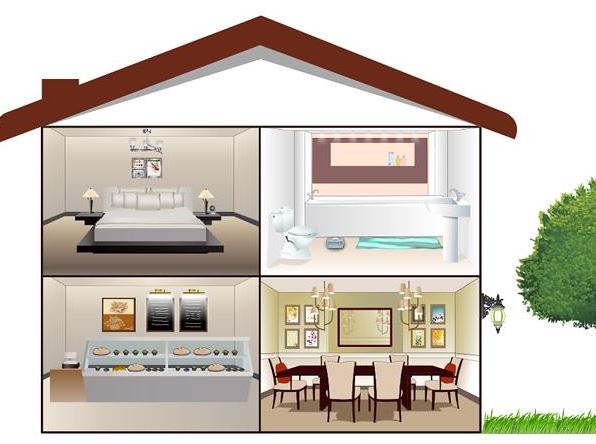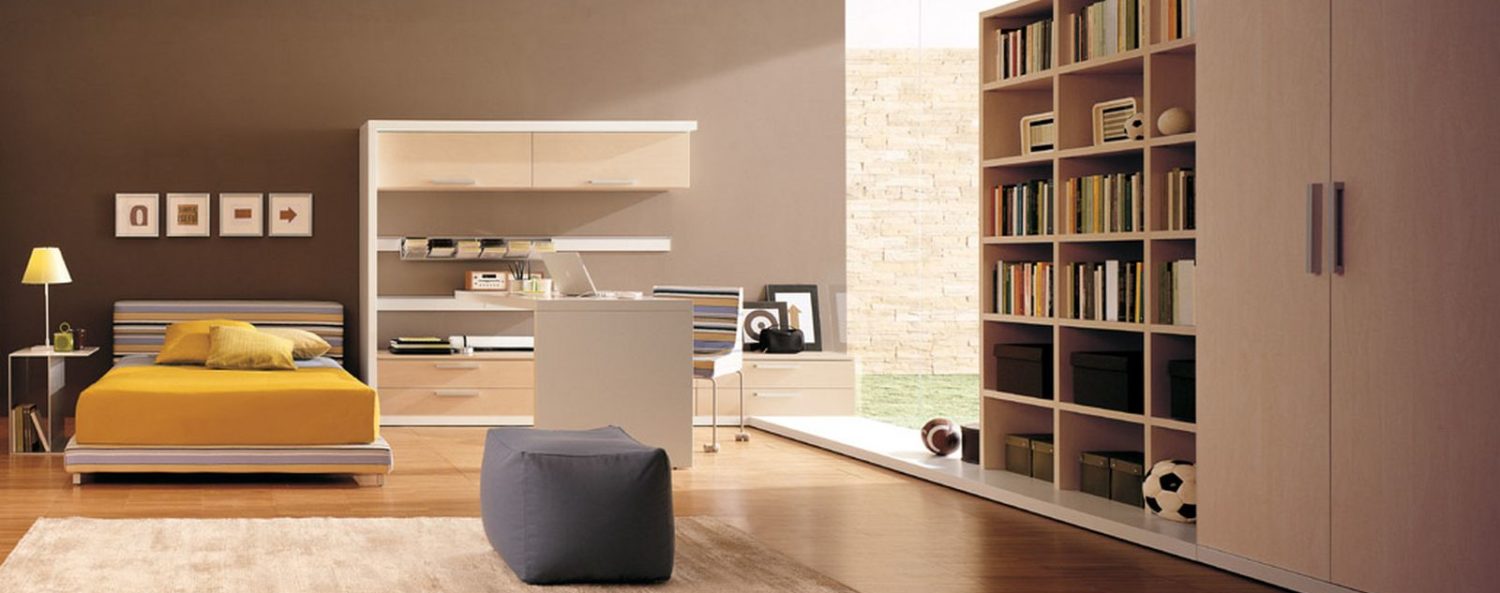 There are many ways to improve the efficiency of your home ranging from small, inexpensive changes to major projects. No matter how much you are able to spend, making changes can make your home a healthier and cheaper place to well. Here are some ways to make improvements on a budget of any size.
There are many ways to improve the efficiency of your home ranging from small, inexpensive changes to major projects. No matter how much you are able to spend, making changes can make your home a healthier and cheaper place to well. Here are some ways to make improvements on a budget of any size.
Improve Indoor Air
One of the problems of having an energy efficient home is that the air does not get circulated as much. If a house leaks a little bit of air, there is a constant flow. But sealing up a house also seals in toxins. A cheap fix is to avoid anything that puts fumes into the air. Check that you have adequate ventilation to the outdoors. And change the filters in your air intake and your furnace regularly. If you are able to make an upgrade, replace carpet with hard floors.
Replace all furniture that is made from fiberboard or plywood to reduce formaldehyde in the air. If you can afford a larger investment, think about getting fresh-air exchangers that replace stale air with fresh air. Or install a whole-house fan that pulls stale air out of the house and takes it outside. If you choose this, though, be sure you open windows so that the air will be replaced with fresh air. Otherwise the fan will pull even more toxins out of objects and re-contaminate the air.
Improve Water Usage
Making good use of the water in your home reduces costs of getting the water to your home and the sewage out of it as well as the costs of keeping large quantities of water heated. The cheapest ways to reduce water usage are to use low-flow shower heads and install faucet aerators. If you have double vanities, designate the use of only one. Instead of using the garbage disposal, compost scraps to be used to fertilize plants. When you waiting for your shower or bath water to reach the right temperature, catch all the water in a bucket and use it to water plants. Reduce shower times. If you can afford to spend a little money, get a low-flow toilet or composting toilet. Use a rain barrel to water your landscape. If you are able to invest even more, buy more efficient household appliances. To make use of graywater, set up a system that uses it for irrigation.
Improve Energy Savings
Saving energy is an almost immediate savings, and energy efficient homes are worth more than others. Conduct an energy audit and then fix areas where air is leaking and use power strips to keep phantom loads from draining energy. For a little bit more money you can improve efficiency by adding insulation and an energy monitor. Storm doors, storm windows, and shades help to reduce the exchange of cold and hot air during extreme temperatures. Trees can protect your home from the heat of the sun and cold winds in the winter.
If you want to save even more energy after these suggestions and if you have a lot more money, think about improving your heating and cooling efficiency. Sixty per cent of your energy goes to keeping your home a comfortable temperature year-round. If you want to see more savings, improve your ability to conserve energy in this area. Replace windows with double- or triple-panes that have low-emission coatings. Replace your air conditioner with one that is more efficient and big enough to support the size of your home. Get extra energy through wind, solar, and geothermal means.
